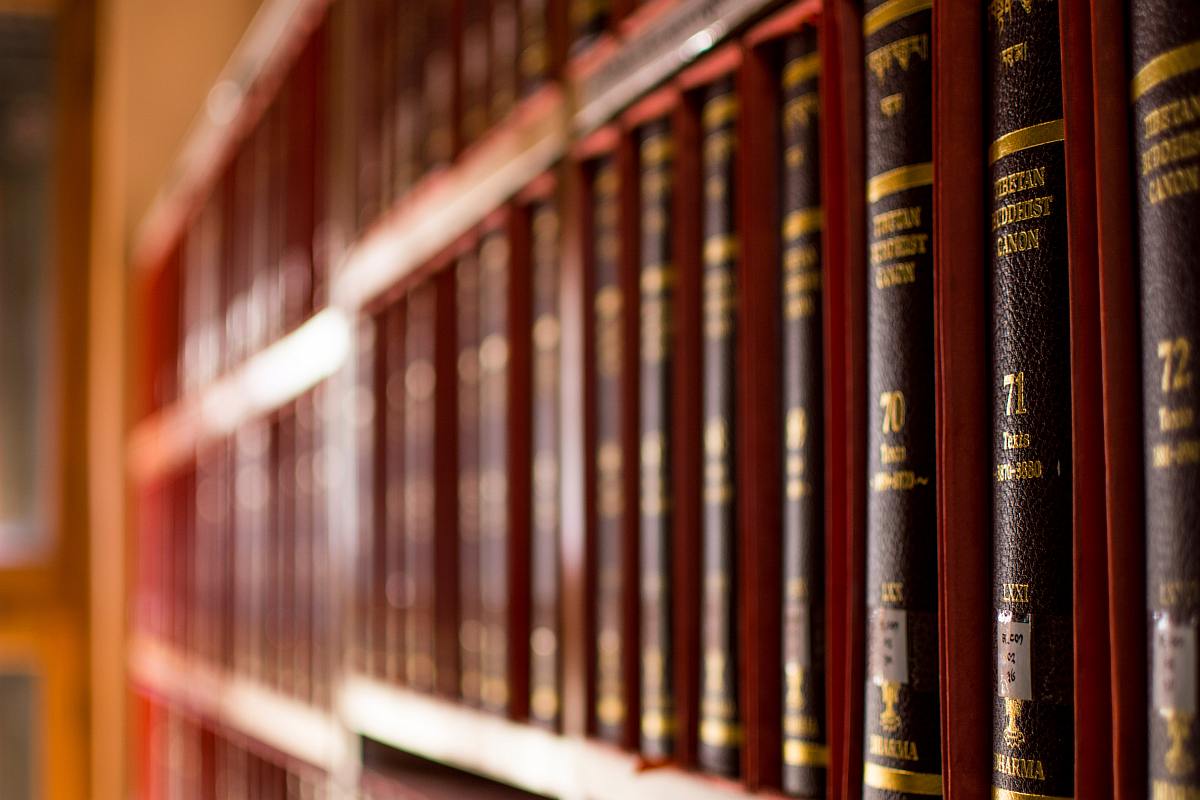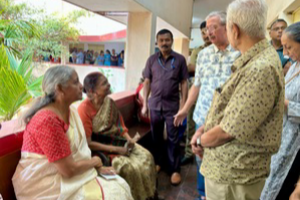Senior Congress leader Jairam Ramesh termed Bombay High Court’s question on why a Bhima Koregaon case accused activist kept a copy of Leo Tolstoy’s War and Peace, “truly bizarre.”
“Welcome to New India,” Ramesh said in a tweet on Thursday, a day after the Bombay High Court asked Elgar Parishad-Bhima Koregaon case accused Vernon Gonsalves to explain why he kept “objectionable material” like a copy of Leo Tolstoy’s “War and Peace” and some CDs at his home.
The single-judge bench of Justice Sarang Kotwal, hearing the bail plea of Vernon Gonsalves and others, also said “such books” and CDs prima facie indicated they contained some material against the State.
“Truly bizarre that somebody is being asked by a judge of the Bombay High Court to explain why he has copy of Tolstoy’s War & Peace, a true classic. And to think Tolstoy was a major influence on the Mahatma. Welcome to New India!” Mr Ramesh tweeted.
The classic novel about Russia during Napoleonic wars became a point of contention after Pune Police claimed the book was part of the “highly incriminating evidence” it had seized from Vernon Gonsalves’ house in Mumbai during raids conducted a year ago.
Pune Police also read out titles of several other books and CDs allegedly recovered from Vernon Gonsalves’ house, which included CDs titled ‘Rajya Daman Virodhi’ released by Kabir Kala Manch.
“The title of the CD ‘Rajya Daman Virodhi’ itself suggests it has something against the state while ‘War and Peace’ is about a war in another country. Why did you (Gonsalves) keep objectionable material such as books like ‘War and Peace’, books and CDs at home? You will have to explain this to the court,” said Justice Kotwal.
Gonsalves was arrested by the Pune Police after raids at homes and offices of several activists in connection with the Elgar Parishad case.
The police had claimed provocative speeches made at the Parishad on December 31, 2017 were responsible for violence around Bhima-Koregaon village in Pune district the next day during an event to commemorate the 200th anniversary of the Battle of Bhima Koregaon. One person was killed and others were injured in the violence.
The police are probing alleged Maoist links in organising the Parishad. Other arrested accused include activists and academics Shoma Sen, Rona Wilson, Sudha Bharadwaj, Arun Ferreira, and Gautam Navlakha.
Gonsalves’ lawyer Mihir Desai told the court that Pune Police based the entire case against him on the basis of some emails and letters recovered from the computers of other people. “None of these letters or emails were written by Gonsalves, or were addressed to him. Therefore, in the absence of any cogent incriminating evidence against him, Gonsalves shouldn’t be denied bail,” Desai said.
Opposing the bail application, advocate Aruna Pai, who is representing Pune Police, said while the police did not find any electronic evidence against Gonsalves from the computer and hard disk recovered from his house, the raid had yielded “highly incriminating evidence” in the form of “books and CDs with objectionable titles mentioned above.”










